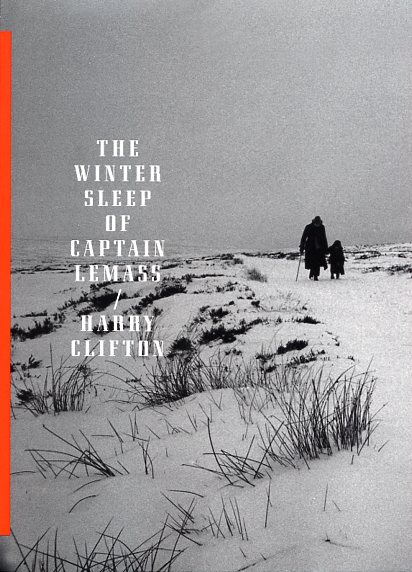The Mirror Wall
$7.95 – $13.95
Halfway up the remote fortress of Sigiriya in Sri Lanka is a long wall of polished plaster, with mysterious golden women painted on the rock above, who seem to be dancing in the clouds. Twenty of these frescoes have survived since the end of the fifth century.
The “Mirror Wall,” as it’s called, is covered with graffiti: hundreds of songs relating to these cloud nymphs, composed by nobles, merchants, travelers and Buddhist monks during the eighth, ninth and tenth centuries. These songs or lyrics were sung, probably with vina, flute and drums, in the gallery beneath the portraits, where the words were written on the wall: love poems, satires, and curses; happy, witty, ironical, and sad celebrations of beautiful, erotic, festive, and sometimes painful experiences.
Richard Murphy’s poems were inspired by the songs of the Mirror Wall. Some keep close to the intricate forms and meaning of their Old Sinhala originals. More often they are free versions, elaborating particular images and ideas, bringing in modern voices or combining several songs.
Reviews
“Reading, one enters an exotic world. . . . Murphy’s writing renders it with vivid clarity, and agile nuances of tone.”
– Andrew Waterman, PN Review
“Richard Murphy’s verse is classical in a way that demonstrates what the classical strengths really are. It combines a high music with simplicity, force and directness in dealing with the world of action. He has the gift of epic objectivity: behind his poems we feel not the assertion of his personality, but the actuality of events, the facts and sufferings of history.”
– Ted Hughes
“A success on its own terms, The Mirror Wall may well also be laying the foundations of future success for Murphy’s poetry.”
– Peter McDonald, The Irish Review
Description
Halfway up the remote fortress of Sigiriya in Sri Lanka is a long wall of polished plaster, with mysterious golden women painted on the rock above, who seem to be dancing in the clouds. Twenty of these frescoes have survived since the end of the fifth century.
The “Mirror Wall,” as it’s called, is covered with graffiti: hundreds of songs relating to these cloud nymphs, composed by nobles, merchants, travelers and Buddhist monks during the eighth, ninth and tenth centuries. These songs or lyrics were sung, probably with vina, flute and drums, in the gallery beneath the portraits, where the words were written on the wall: love poems, satires, and curses; happy, witty, ironical, and sad celebrations of beautiful, erotic, festive, and sometimes painful experiences.
Richard Murphy’s poems were inspired by the songs of the Mirror Wall. Some keep close to the intricate forms and meaning of their Old Sinhala originals. More often they are free versions, elaborating particular images and ideas, bringing in modern voices or combining several songs.
Reviews
“Reading, one enters an exotic world. . . . Murphy’s writing renders it with vivid clarity, and agile nuances of tone.”
– Andrew Waterman, PN Review
“Richard Murphy’s verse is classical in a way that demonstrates what the classical strengths really are. It combines a high music with simplicity, force and directness in dealing with the world of action. He has the gift of epic objectivity: behind his poems we feel not the assertion of his personality, but the actuality of events, the facts and sufferings of history.”
– Ted Hughes
“A success on its own terms, The Mirror Wall may well also be laying the foundations of future success for Murphy’s poetry.”
– Peter McDonald, The Irish Review
Additional information
| Publication date: | 1989 |
|---|---|
| Pages: | 84 |
| Binding: |





